Sukkot – the Feast of all nations
Feast of Tabernacles in Hebrew – Feast of Sukkot.
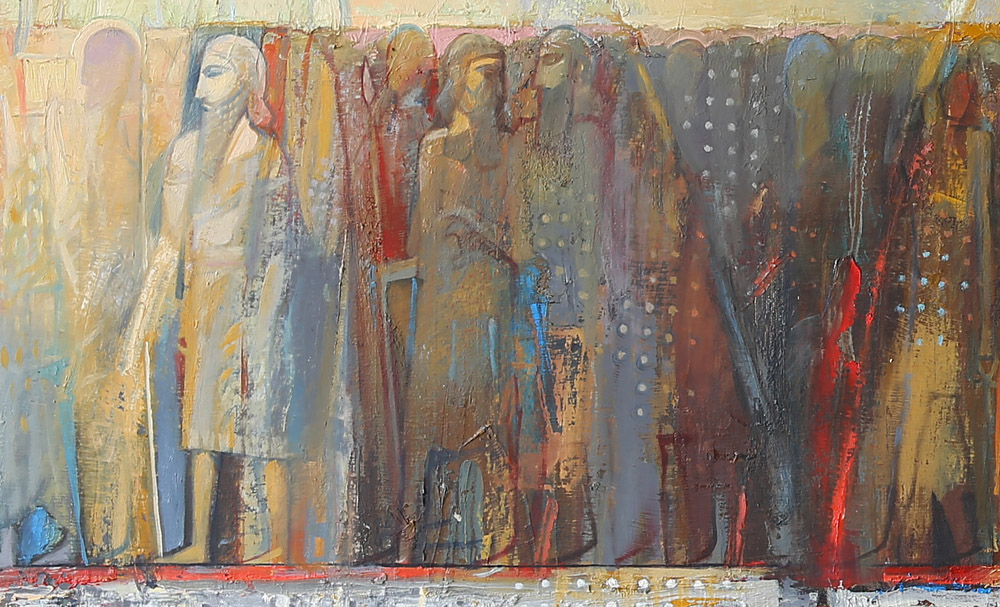
Mexicans, Japans, Egyptians, Greeks, Russians, and Israelites – we all are important to the Creator both as individuals and as nations created by God. He accepts us and He is interested in our identity, if we turn to Him with all our hearts, as a big family, fulfilling the calling as He has assigned to each nation.
Feast of Tabernacles in Hebrew – Feast of Sukkot.
The relevance of this holiday has increased in recent times, as it is written: “… from all nations, … will come from year to year to worship the King, the Lord Almighty, and to celebrate the Feast of Tabernacles.
Tabernacle of David – in Hebrew SUKKAT David. In it, as in the name of the holiday SUKKOT, the word SUKKAh is used, it is a booth, a hut. – a tabernacle of David.
Many Bible commentators discuss what the Tabernacle of David is? It is a mysterious topic. Paul in Ephesians 3:9 calls it “the fellowship of the mystery”. And if we examine the theme of the Feast of Tabernacles (Sukkot) and David’s concept of a temple dedicated to the Most High, we can make interesting conclusions and understand the writings of Paul in a better way.
Let’s talk about it now.
FEAST OF TABERNACLES:
Sukkot is celebrated for 7 days. Every day of the feast, sacrifices were offered in the Jerusalem temple. All together 70 sacrifices – according to the number of seventy nations. The Bible says that 70 nations were originated from Noah. This number 70 means fullness and it represents all the present-day living nations – all the humanity.
On the Feast of Sukkot we build booths as it is written in the Law,
“… take the branches of the garden olive and the branches of the wild olive, and the branches of myrtle and the branches of the palm, and the branches of [other] broad-leaved trees, to make booths as it is written.”
The words of prophet Nehemiah “the branch of the garden olive and the branch of the wild olive” are corresponding to the words of the Apostle Paul in Romans 11 about wild and natural olives and also with his teaching about the importance for the nations to follow their callings.
This is exactly what the Law says: the booth must be built from the branches of different trees.
In the Bible, different trees represent different nations. Each tree has its own properties, its own color, smell, and fruit. Each has its own call: one is used for construction and fine carving; the other is for medicinal purposes, or for the making rubber, the other is for weaving baskets and for building booths. There are trees, the wood of which is good only for the making musical instruments. Also, every nation has its own features, identity, character, talents and specific calling from God.
How is Sukkot related to the SUKKAh of David?
It was David who received the revelation about the sanctuary as the center of worship of many different nations.
In the Temple, David brought to life his revelation: “God is interested in all the nations and in all the tribes”.
Solomon fulfilled the command of his father. Dedicating the temple to the Lord, he prayed: “And a foreigner who is not from your people Israel, when he comes from a distant land for the sake of Your great name … then You hear from heaven, from Your place of dwelling, and do everything, about what a foreigner will cry to you, so that all the peoples of the earth will know Your Name …”
This thought of David was revolutionary. Prior to this revelation, such a statement would have been strange. What does a foreigner have to do with it? First, he should make a circumcision and obey the law of Moses, and only after that he will join Israel and will become part of it. Then he can turn to God of Abraham, Isaac and Jacob. But David and his son Solomon received the revelation about the uniqueness of each nation before the Lord and about the importance for each nation to serve God and to follow the call of the Creator.
David fulfills this revelation in his temple concept design.
By architectural means, he embodies the idea of a booth or a garden consisting of different trees. A wild olive and a garden olive are the courtyard of Israel and the courtyard of the gentiles, they are one temple complex. David, through revelation, creates a project for a temple not only for Israel, but for all nations.
David interprets the temple as the Garden of Eden made of various trees planted by the Lord.
The HOLY place of the temple is like the Tabernacle or like the Garden of Eden. It is decorated with different trees: reliefs of palms, flowers, cucumbers, lions and cherubs. And the temple lamp is like an almond tree with germs, flowers, and fruits.
During the construction of the temple, various types of trees were used: cedar, cypress, olive tree.
So, the Holy Temple symbolically represents a booth or garden of different trees. We said before that different trees are like different nations, each one has its own call. Isaiah expresses this concept of David: “My house will be called a house of prayer for all nations.” The responsibility of nations is to serve the Creator with their gifts and talents, and to bring them before God, as it is written: “And they will bring into it (Heavenly Jerusalem) all the glory and honor of the nations.”
And then God will dwell with them. This is the booth, the tabernacle of God with men or the tabernacle of David – SUKKAT DAVID. This is the deep meaning of Sukkot.
The booth – sukkah of David is the union of different nations with their gifts and glory in serving God
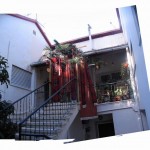
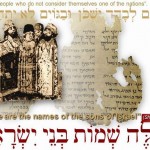
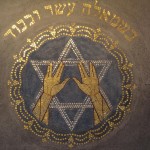
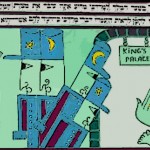
comments